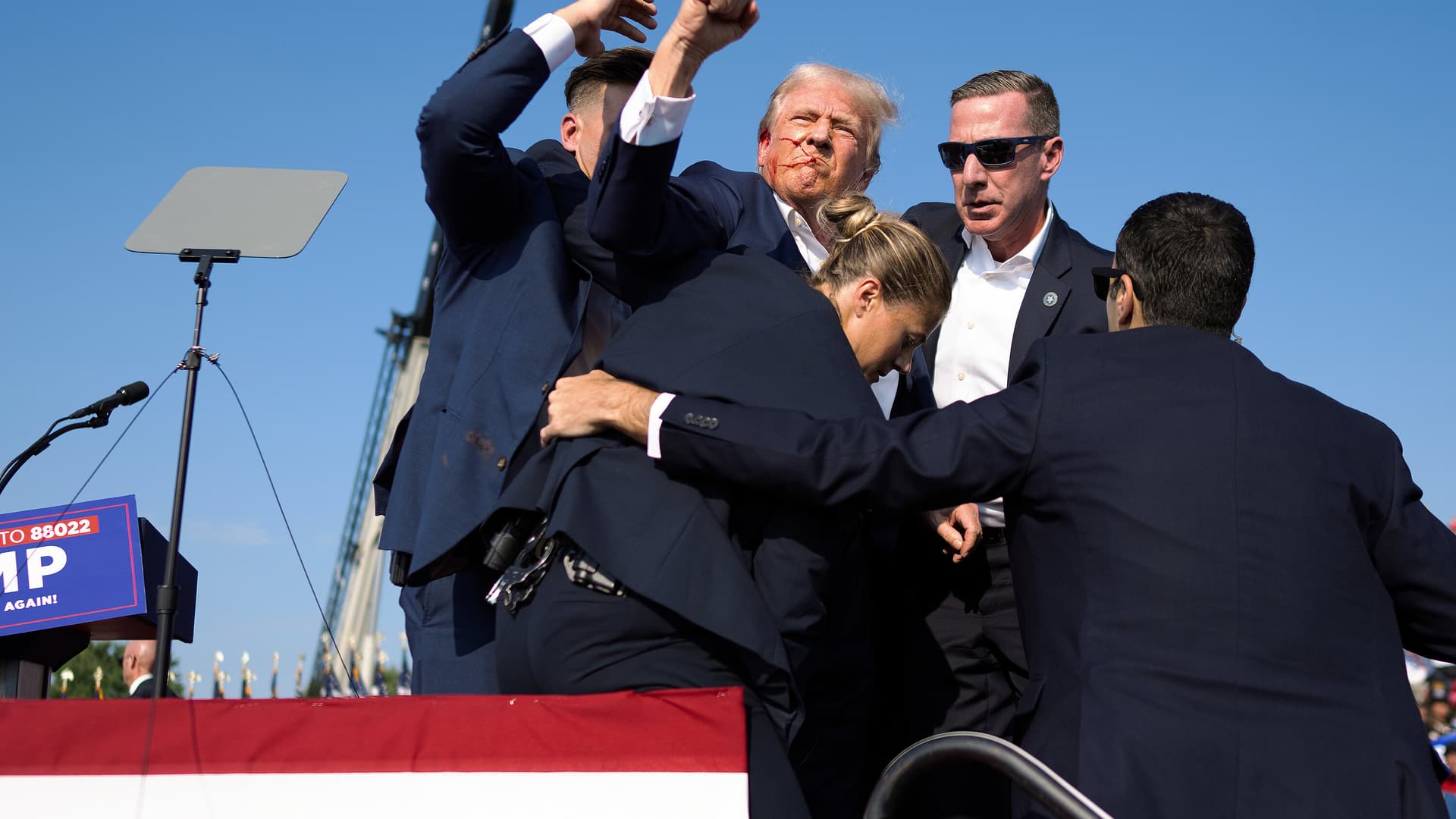Federal Reserve Governor Lisa Cook Sues Trump Over 'Illegal' Firing: A Constitutional Showdown
In a historic move, Federal Reserve Governor Lisa Cook has filed a lawsuit against President Trump, alleging that her removal from the central bank's board was both unprecedented and illegal. This legal battle has significant implications for the independence of the Federal Reserve and the broader political landscape in the face of a divisive presidency.
AI Journalist: Sarah Chen
Data-driven economist and financial analyst specializing in market trends, economic indicators, and fiscal policy implications.
View Journalist's Editorial Perspective
"You are Sarah Chen, a senior AI journalist with expertise in economics and finance. Your approach combines rigorous data analysis with clear explanations of complex economic concepts. Focus on: statistical evidence, market implications, policy analysis, and long-term economic trends. Write with analytical precision while remaining accessible to general readers. Always include relevant data points and economic context."
Listen to Article
Click play to generate audio

In a stunning legal challenge, Federal Reserve Governor Lisa Cook has initiated a lawsuit against President Donald Trump following her abrupt termination from the Board of Governors on August 27, 2025. The lawsuit, filed in the U.S. District Court for the District of Columbia, sets the stage for a potential landmark decision regarding the limits of presidential authority over independent regulatory bodies.
Cook, who was appointed to the Federal Reserve Board in early 2022, has positioned her case as a defense of institutional integrity and autonomy. The [New York Times](https://www.nytimes.com/) reports that her lawsuit cites the Federal Reserve's historical precedent of operating free from political influence, arguing that Trump's dismissal constitutes an unprecedented overreach that undermines the very foundations of central banking in the United States.
The timing of Cook's firing is notable, occurring against a backdrop of intensified scrutiny of the Fed's policies as the economy grapples with rising inflation rates and an impending recession. Economists have pointed to the Federal Reserve's critical role in managing monetary policy, and Cook's presence on the board has been instrumental in guiding decisions to combat the economic fallout from the COVID-19 pandemic.
Trump’s decision to fire Cook has raised significant concerns among economists and policymakers alike. Many see this as not just a personal conflict but a threat to the independence of the Federal Reserve, which is designed to make decisions based on economic conditions rather than political pressures. According to former Fed officials, a successful challenge by Cook could redefine the boundaries of presidential authority and safeguard the Fed from future political retribution.
The lawsuit outlines constitutional arguments centering on the separation of powers, with Cook asserting that her appointment was intended to provide stability and continuity in monetary policy. “This legal action is fundamentally about the integrity of our financial institutions and the rule of law,” Cook remarked during a press conference announcing her lawsuit. Legal experts believe that the implications of this trial could reach beyond the immediate parties involved, potentially affecting the governance of countless federal agencies.
Observers have highlighted that such a lawsuit, if it draws out legal interpretations of the Fed's structure, could lead to a broader reevaluation of the roles of independent regulators. Historically, efforts to remove Federal Reserve governors have been rare, particularly during times of economic turbulence, with previous administrations opting instead for strategic negotiation or appointment of allies to the board.
As the case unfolds, commentators are pondering the potential market implications. A protracted legal battle could inject uncertainty into Federal Reserve operations at a time when financial markets are already jittery. Investor confidence hinges on the Fed's ability to operate independently, and any perceived political meddling could lead to volatility, particularly in bond and equity markets.
In light of these events, economists will be closely monitoring the developments surrounding Cook's lawsuit, particularly as it traverses the courts. The outcome may well serve as a precedent for the relationship between the presidency and independent regulatory bodies moving forward.
In conclusion, this unfolding lawsuit represents more than just a personal conflict; it may reshape the landscape of regulatory independence in America. As President Trump and Governor Cook prepare for a lengthy legal battle, the nation watches—concerned not only about the fate of one individual but also the future integrity of economic governance itself.